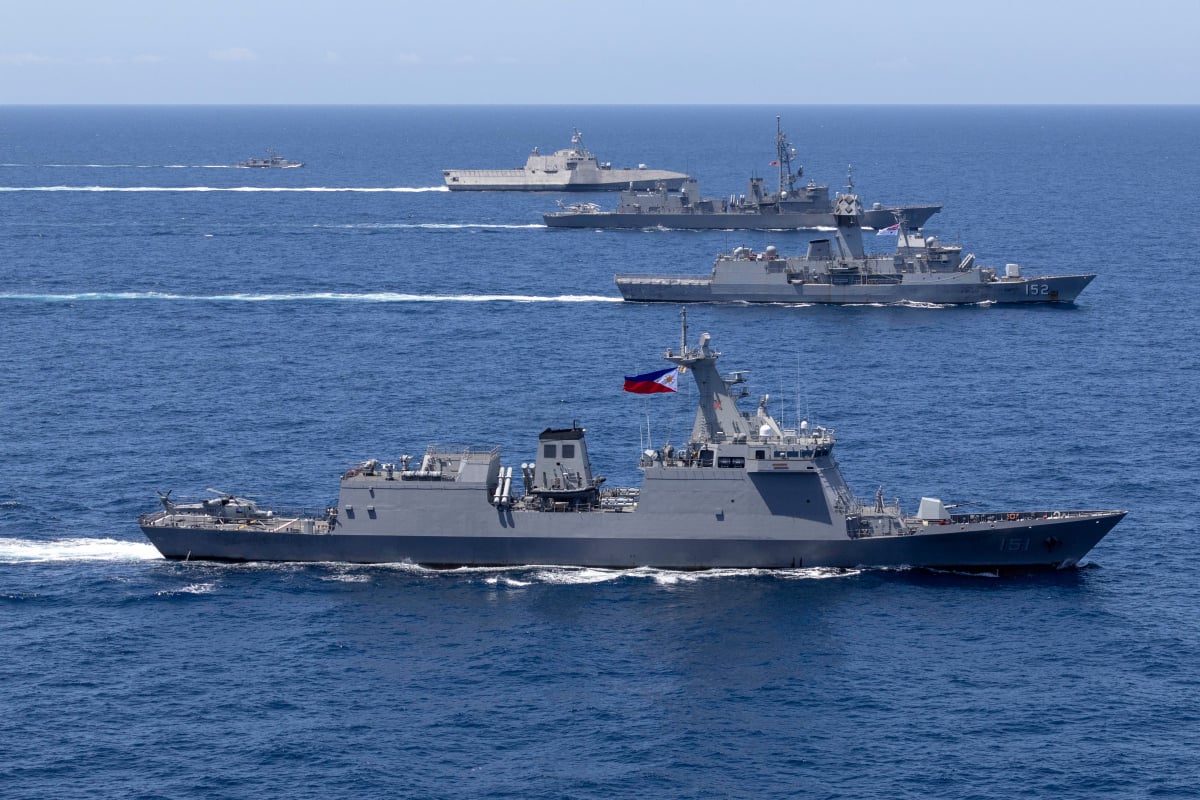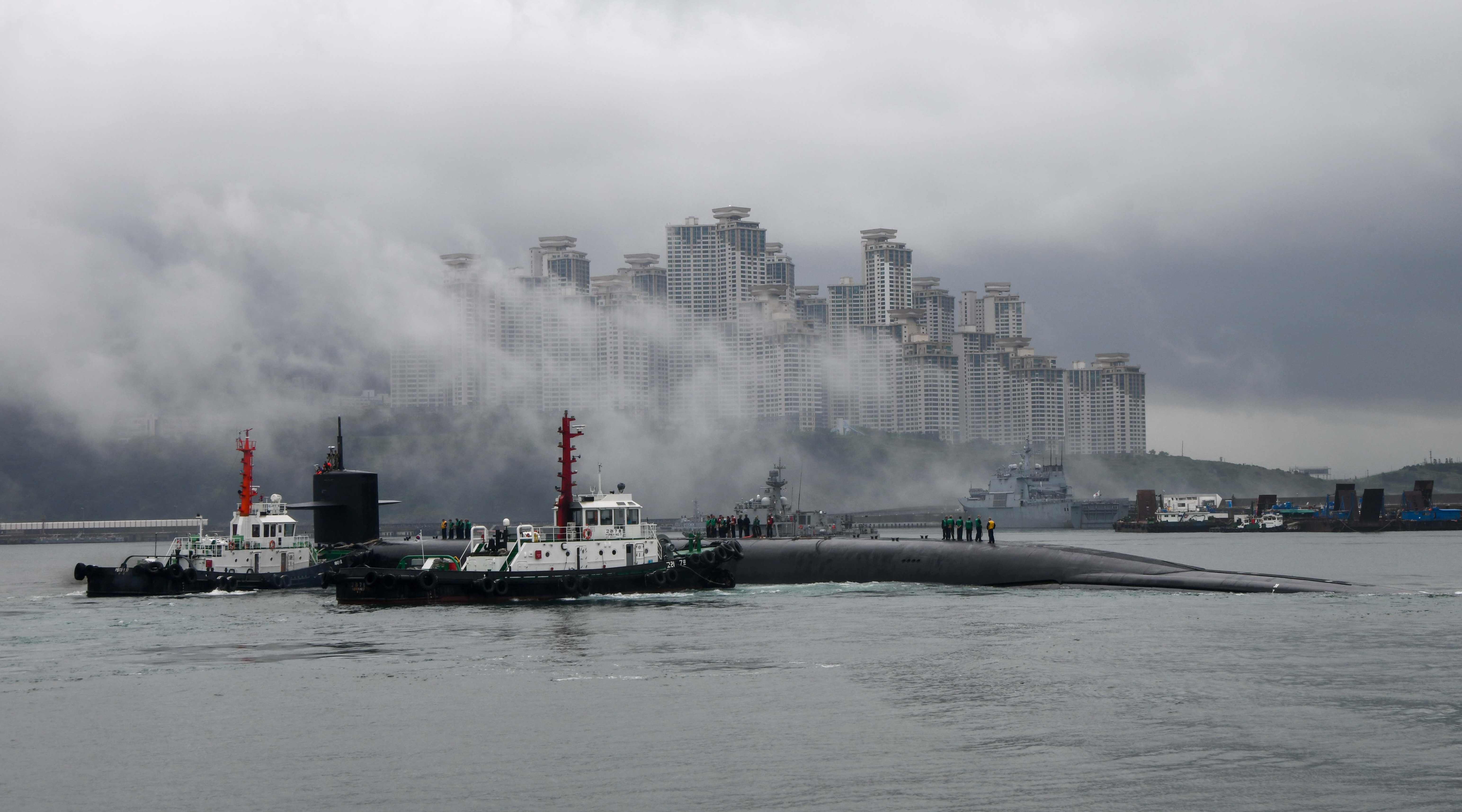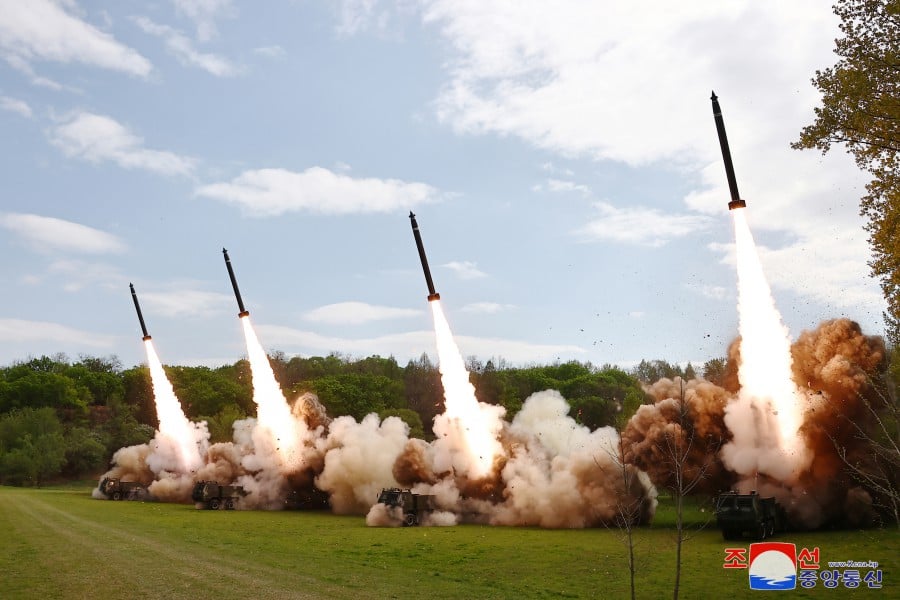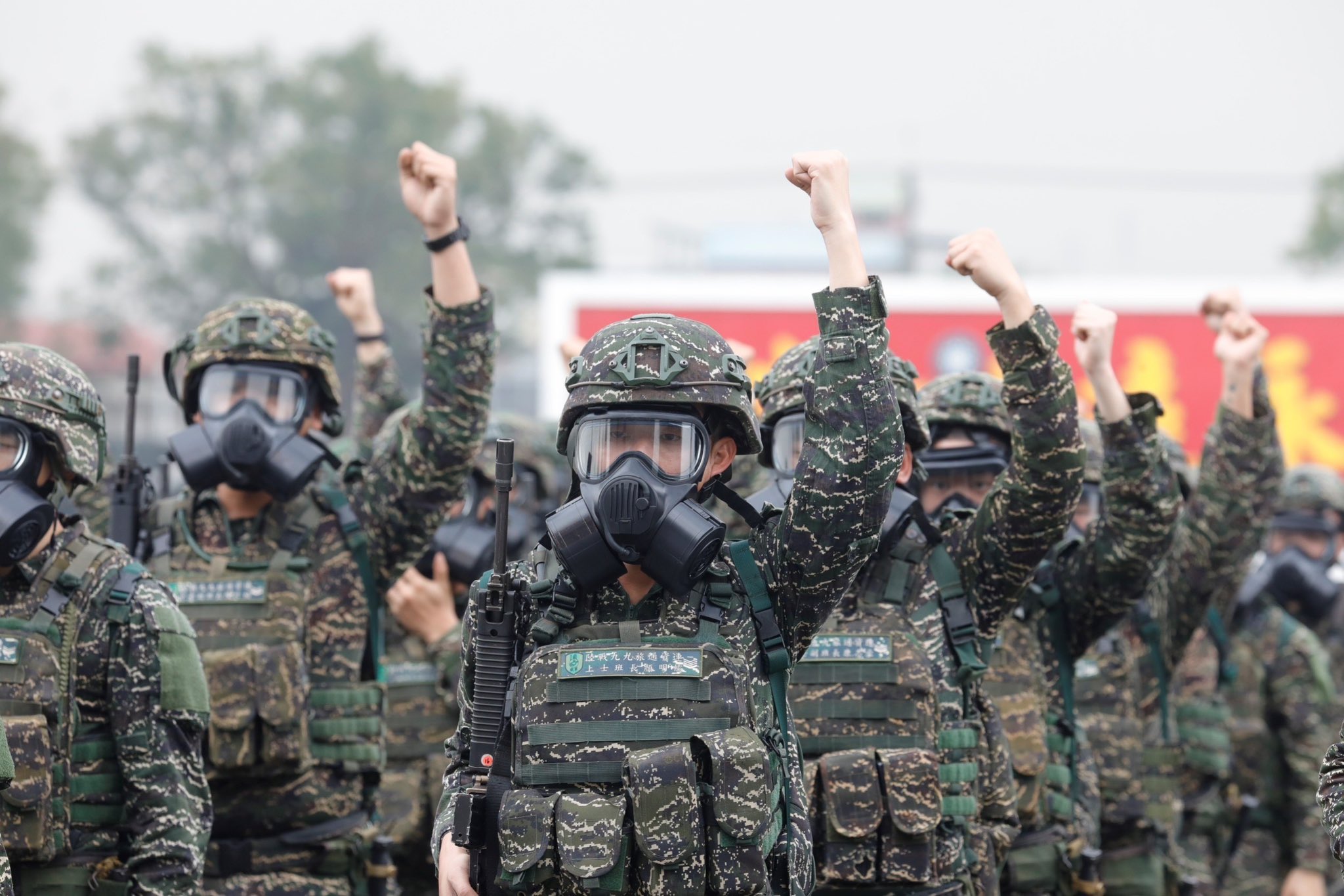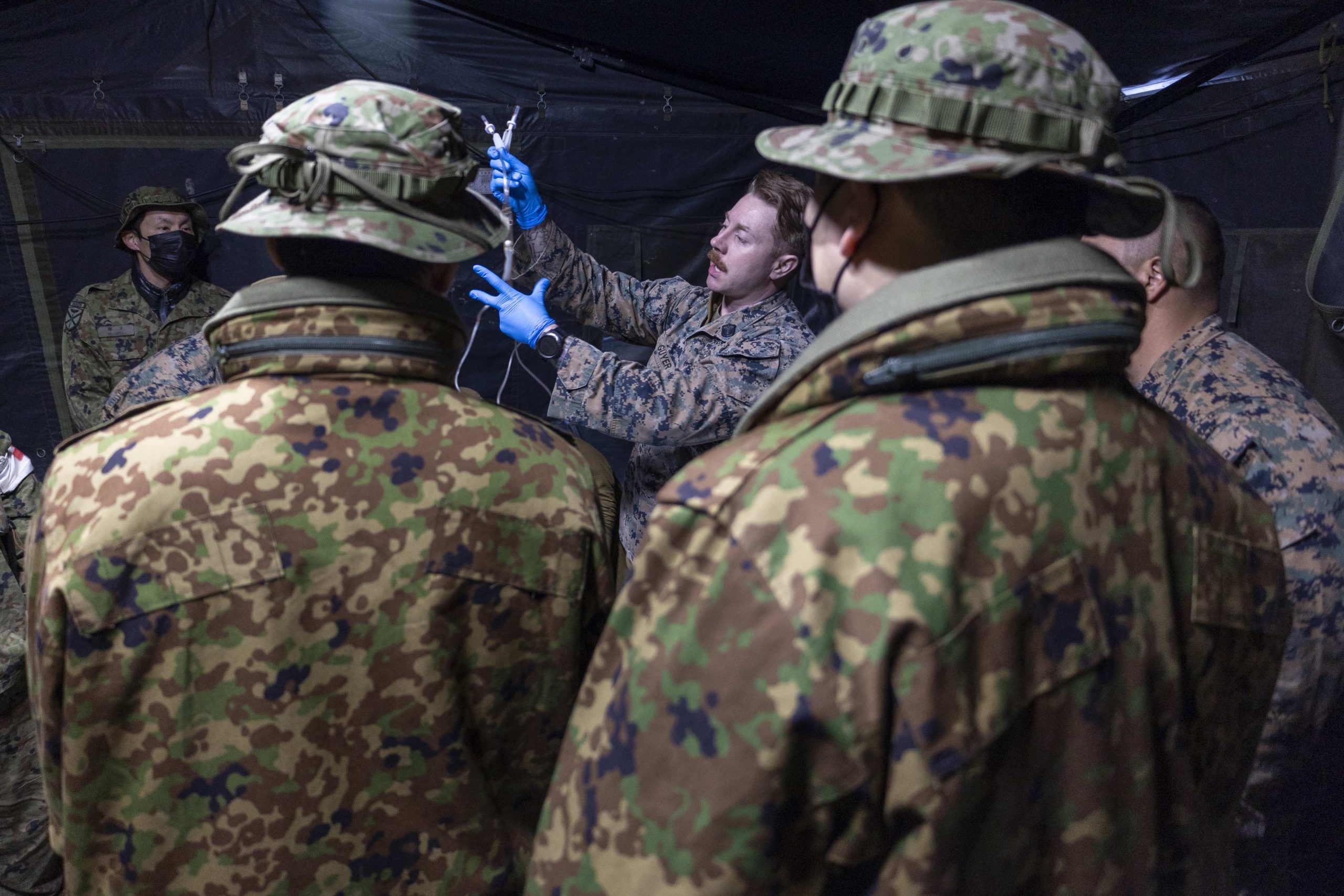
This story has been updated to correct the name of the Crew, Readiness, Endurance and Watchstanding program.
As the Navy and other services turn their attention to the Indo-Pacific as the next potential site of combat, researchers under the Navy Medical Research Center are thinking about blood.
While naval and Marine Corps leaders are strategizing about the ways to best perform in the Indo-Pacific region, Navy Medicine, including researchers, are thinking about how to keep people alive over vast distances and the blood products they’ll need to do it.
The shift to the Indo-Pacific region, which is marked by miles of open water, prompted Navy Medicine to release its first-ever campaign order, USNI News previously reported. From the research perspective, Navy personnel are now thinking about what those distances and the environment means for the health of service members.
Take blood products, said Capt. Franca Jones, the commanding officer of the Naval Medical Research Center. Naval researchers are studying blood products that will not require cold storage, something that might not be available.
Other researchers are looking at infectious diseases that service members could develop from extended exposure to the Indo-Pacific, especially areas that U.S. forces don’t visit often.
The need to care for patients while transporting them over vast distances, meaning emergency care will take longer until the patient gets to a medical facility, is also one of the topics being studied.
In Afghanistan or Iraq, combat happened in close proximity to medical services. In both theaters, military medicine created a battlefield network that allowed troops to get care within the so-called “golden hour” that kept casualties relatively low. The distance to medical care in the Indo-Pacific is much more vast. Now researchers, and other Navy Medicine personnel, need to figure out the best clinical practices, including transportation, Jones said.
“How do we do new research that tells our providers the way that used to do the one hour of care to before they went up to a higher level of care is different now, now we’re going to have to give them products and tools to be able to do that for much longer,” Jones said.
Not all projects under the Naval Medical Research Center focus on the Indo-Pacific. Rather, they look at service member health and health outcomes regardless of area of response. Two of the teams out of the Naval Health Research Center, which falls under NMRC — the Millennium Cohort Study and the Crew, Readiness, Endurance and Watchstanding Program — recently took home awards at the Military Health Symposium Research Symposium.
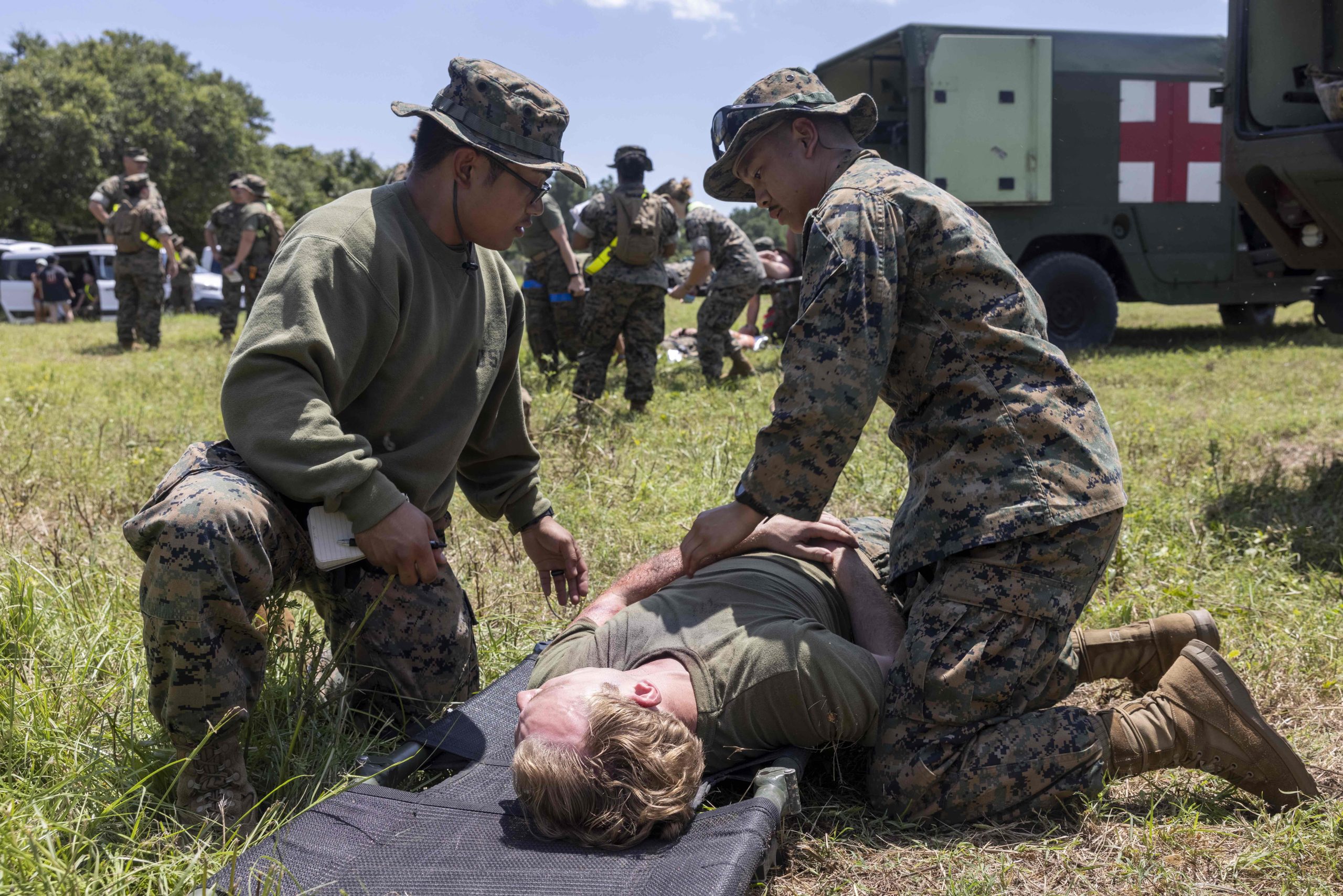
One study from the Readiness, Endurance and Withstanding Program, which is not yet finished, looked at sleep loss by having members USS Green Bay wear (LPD-20) during Exercise Talisman Sabre, Jones said.
The Naval Health Research Center has conducted the Millennium Cohort Study for over 20 years now, said Rudolph Rull, the study’s lead researcher.
Academic papers that have come out of the Millennium Cohort Study have covered topics such as musculoskeletal effects, eating disorders and quality of life, Rull told USNI News. And the study has branched off a number of similar ones including those dedicated to military families and adolescent resilience.
The study is ongoing, with more participants enrolled every three to four years, Rull said. So while the study has looked at those who enrolled during the years that the U.S. was in Afghanistan or involved in post-Sept. 11 combat, the study will also be able to look at those who are going to be involved in the shift to the Indo-Pacific. A new panel of participants were enrolled in 2020 and 2021, Rull said. More will be added in 2026.
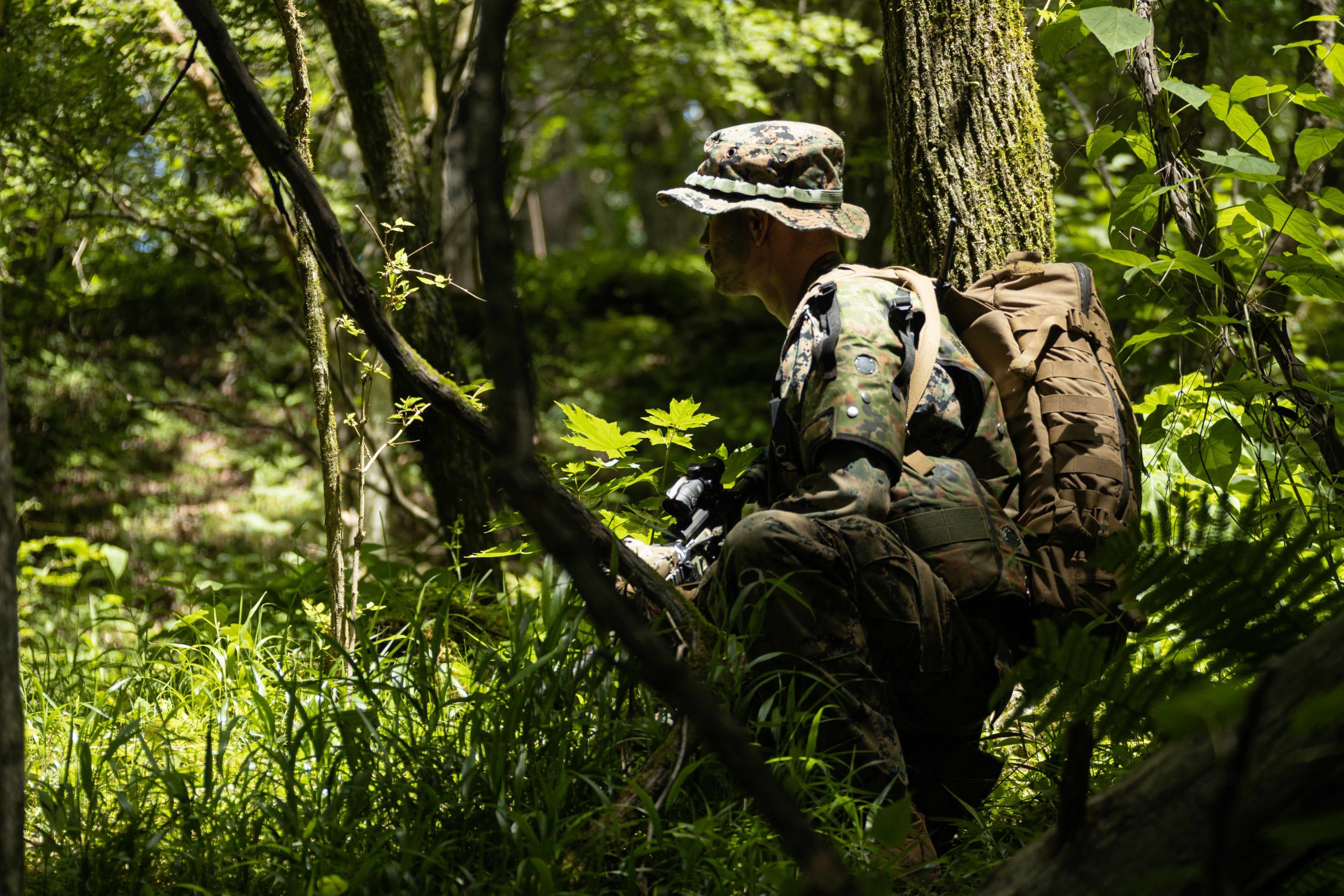
However, the study is not just focused on combat, although it does cover the effects of combat and deployment. The study is meant to take a holistic approach to health issues faced by servicemembers.
One aspect of the longitudinal study looked at the healthier deployment effect — the idea that people who deploy are healthier than those who do not. Another looked at military sexual trauma. Another mental health.
Because the Millennium Cohort Study is longitudinal, meaning it follows participants over a long period of time, the researchers can also lead studies looking at cancers and neurodegenerative issues among active and veteran service members, Rull said.
The papers that have come out of the study have been some of the first to identify mental health and respiratory issues associated with service members who served during Operations Enduring Freedom and Iraqi Freedom, Rull said.
“We’re really looking at a broad range of topics, not just specific health outcomes, but things about their quality of life, their health behaviors, their military experiences. And these are all things that may not even show up in the military record or military medical record that we’re able to capture and really create a picture of what’s happening for the force and fleet in our veterans,” Rull said.


